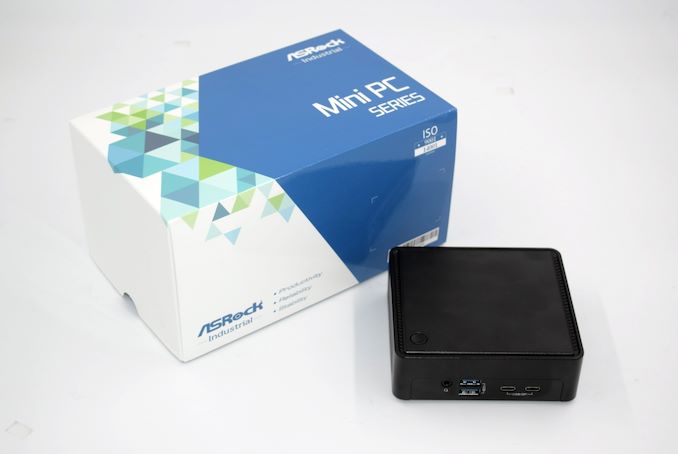Originally posted by Veto
View Post
My old NAS had to be retired as it started showing erratic behavior with sometimes data loss. These problems do not exist anymore since I use that setup.



Comment